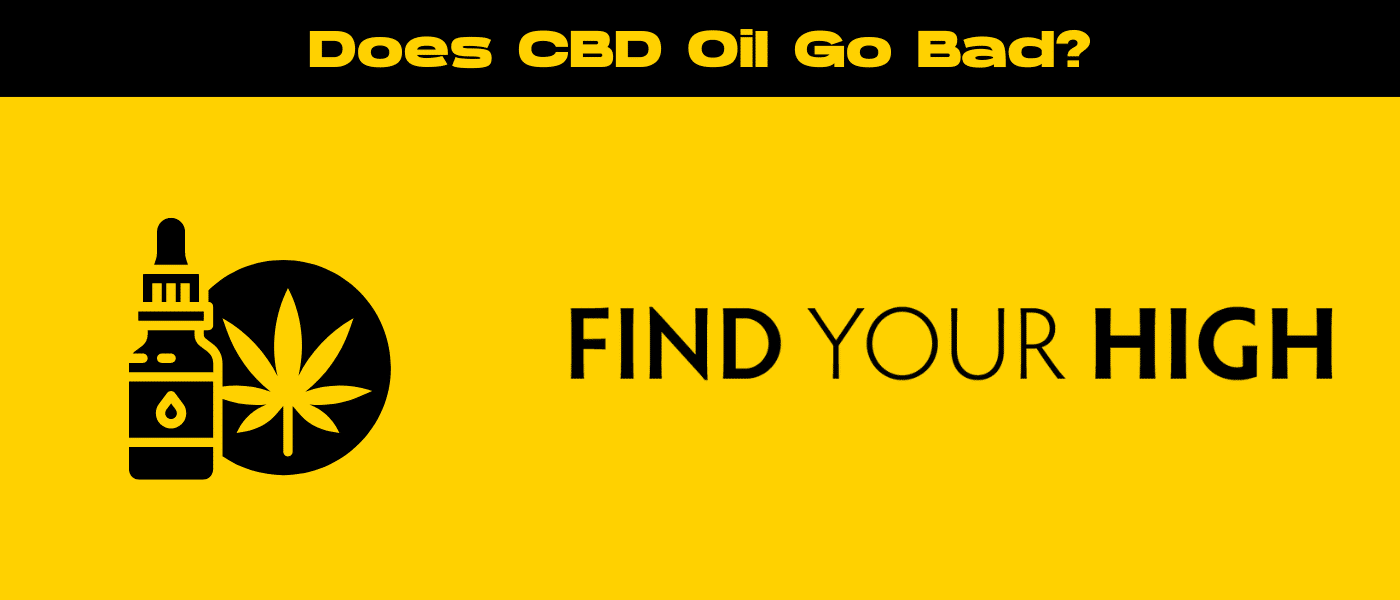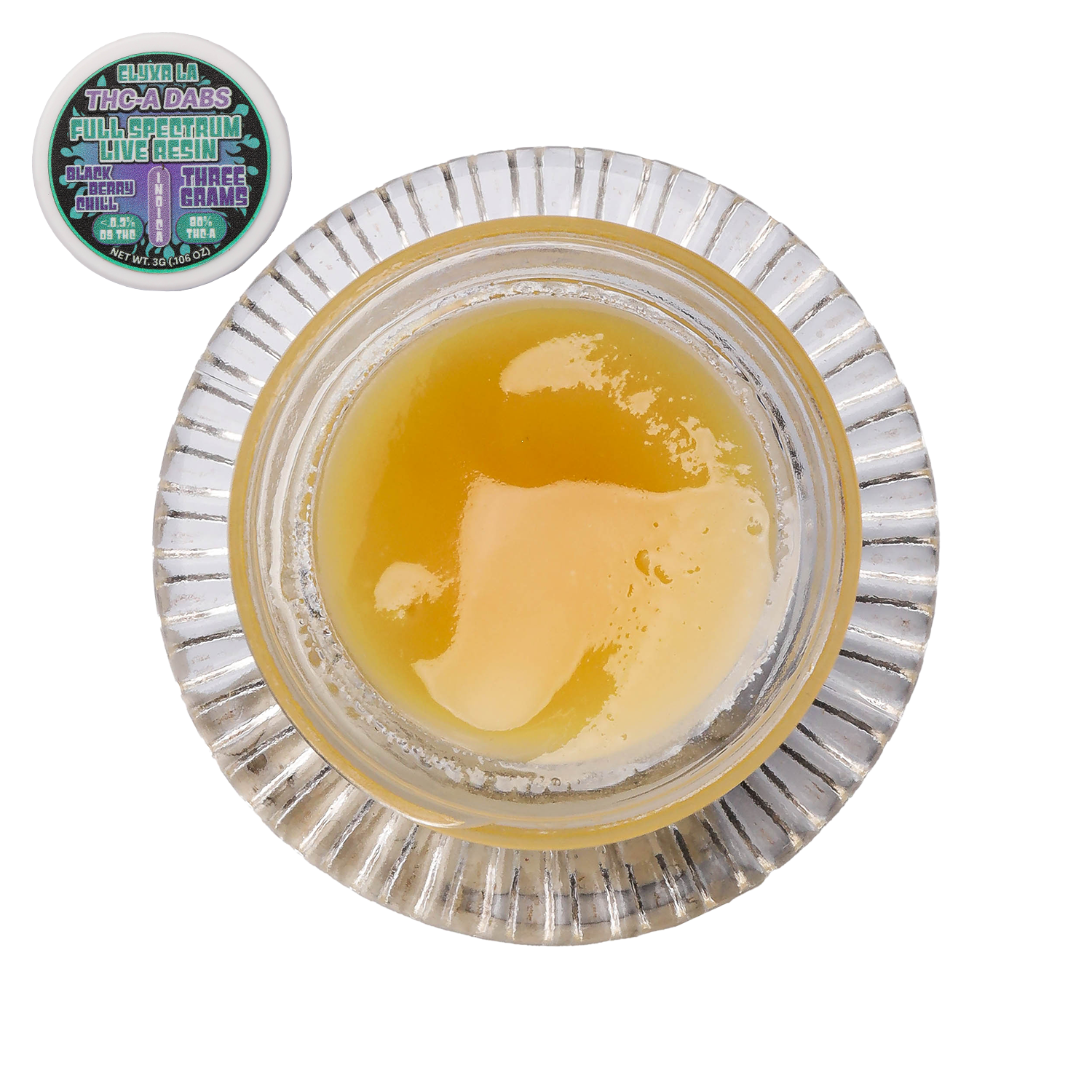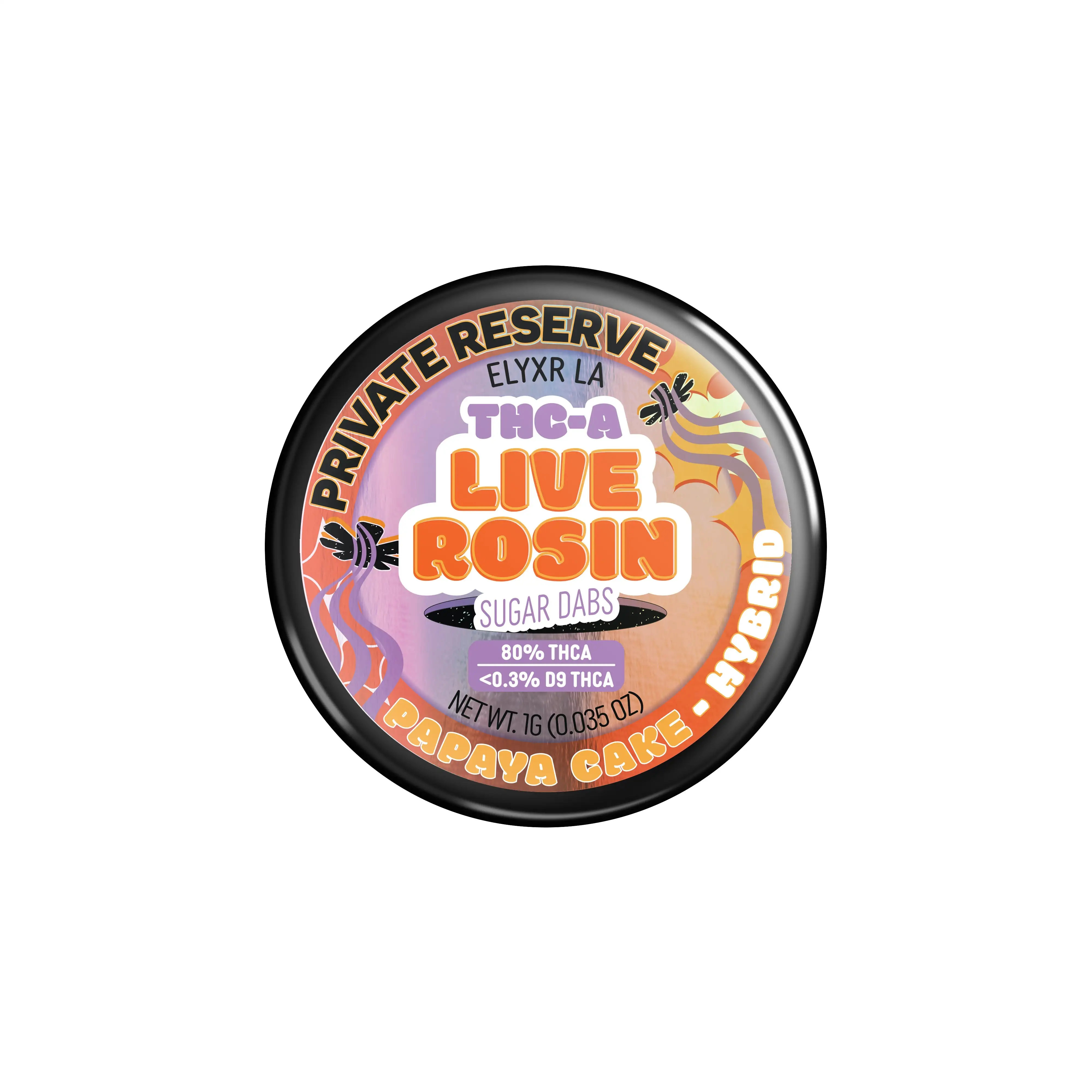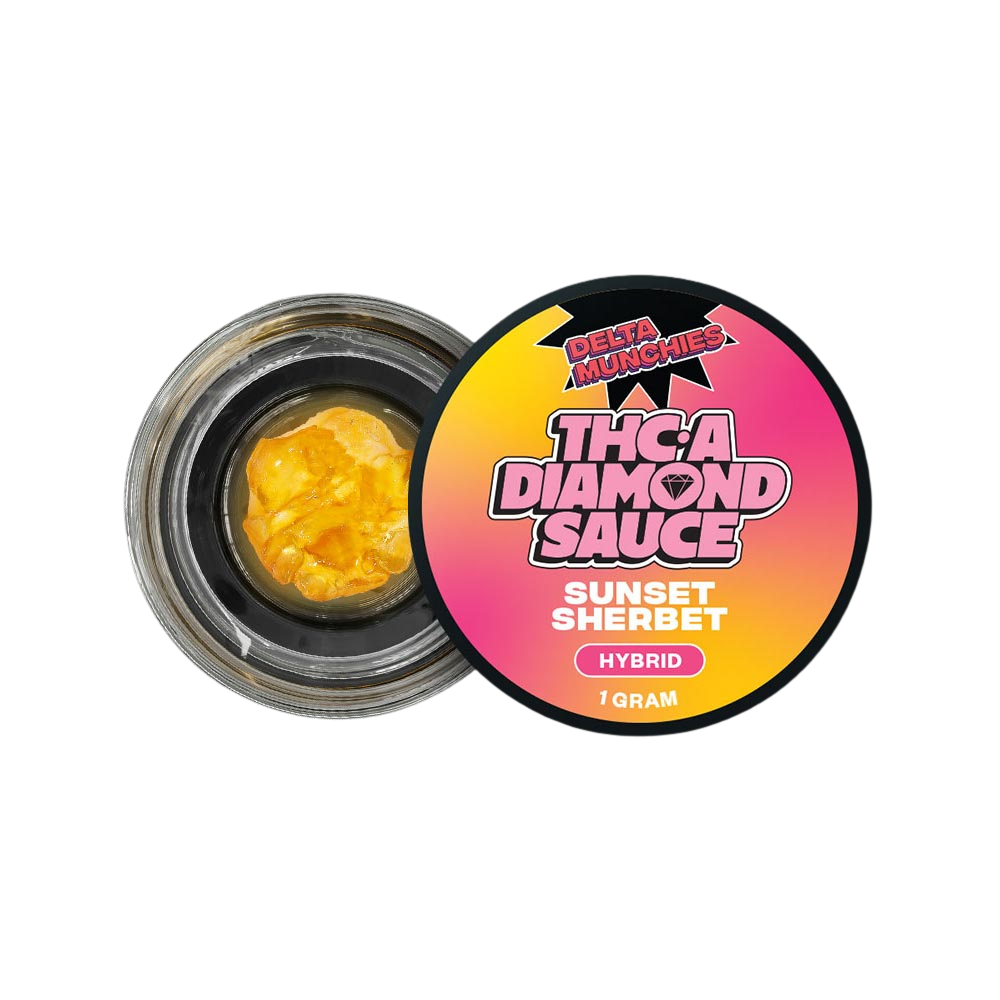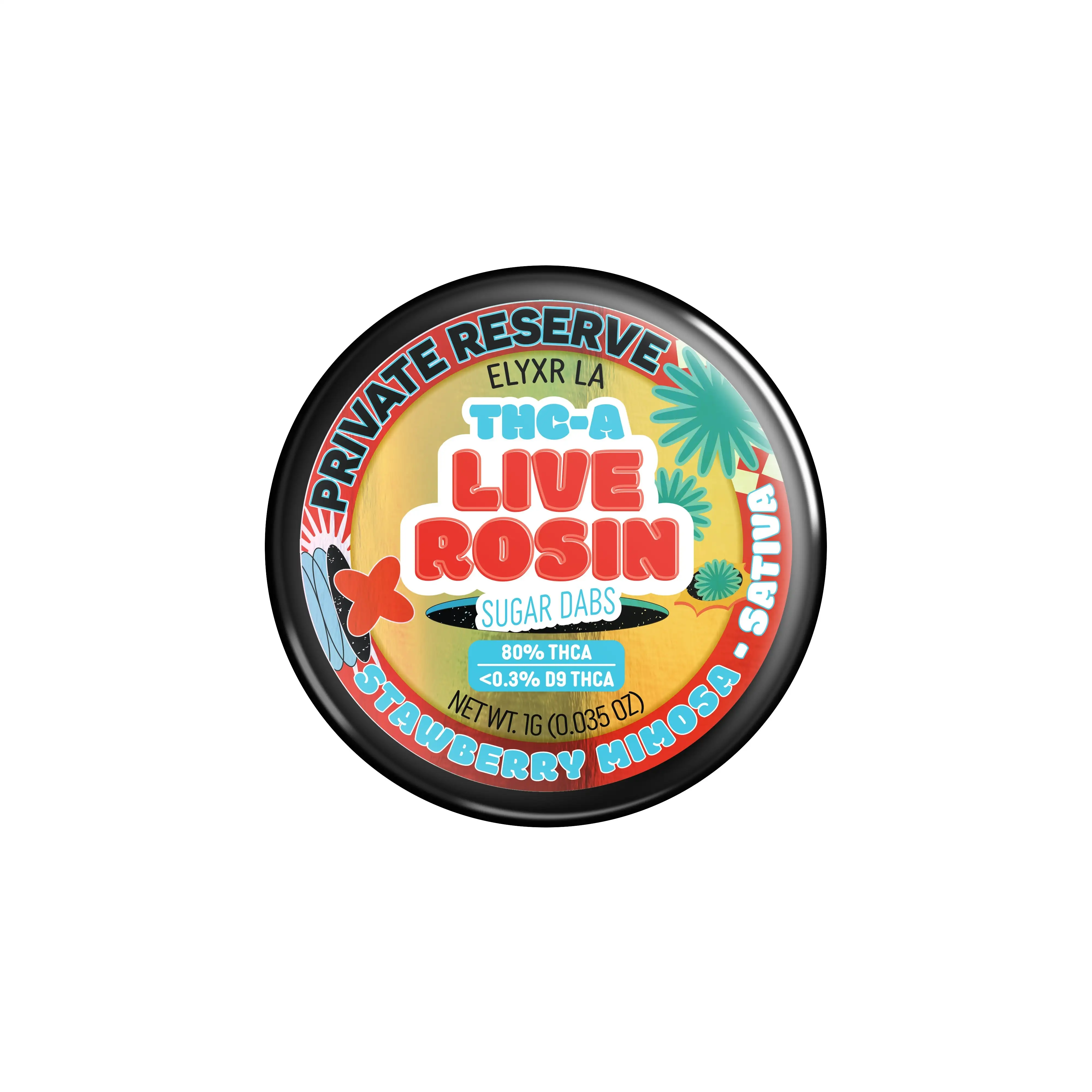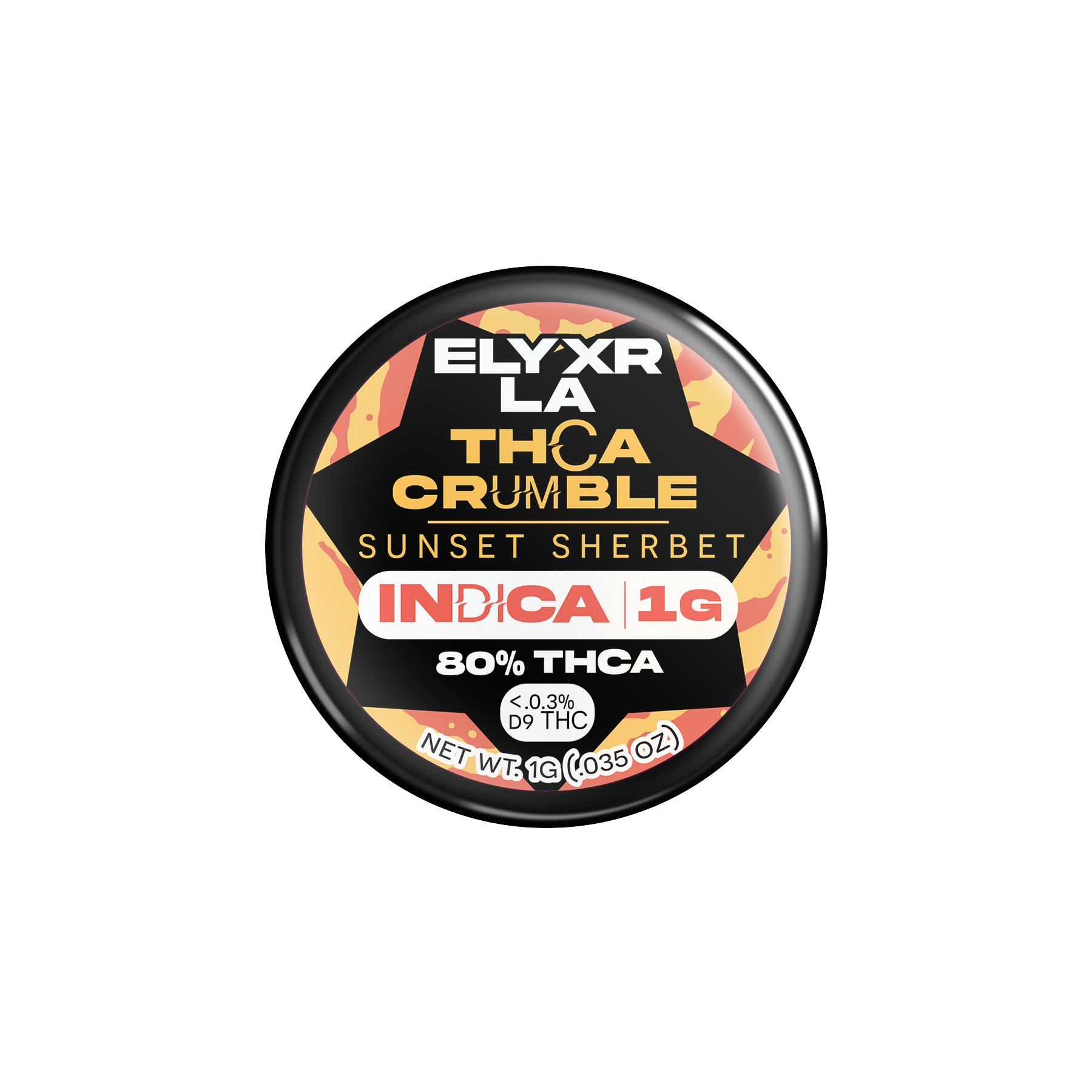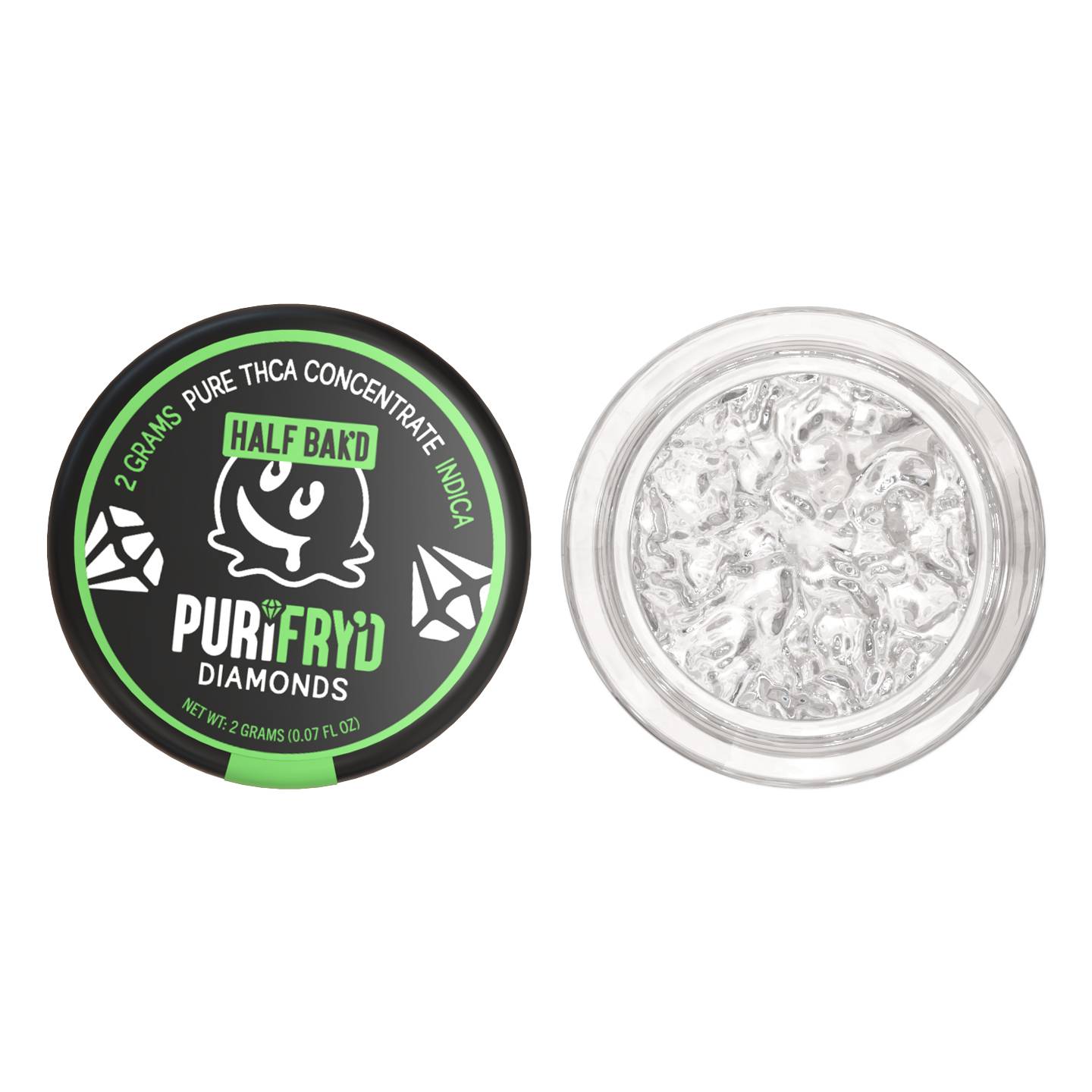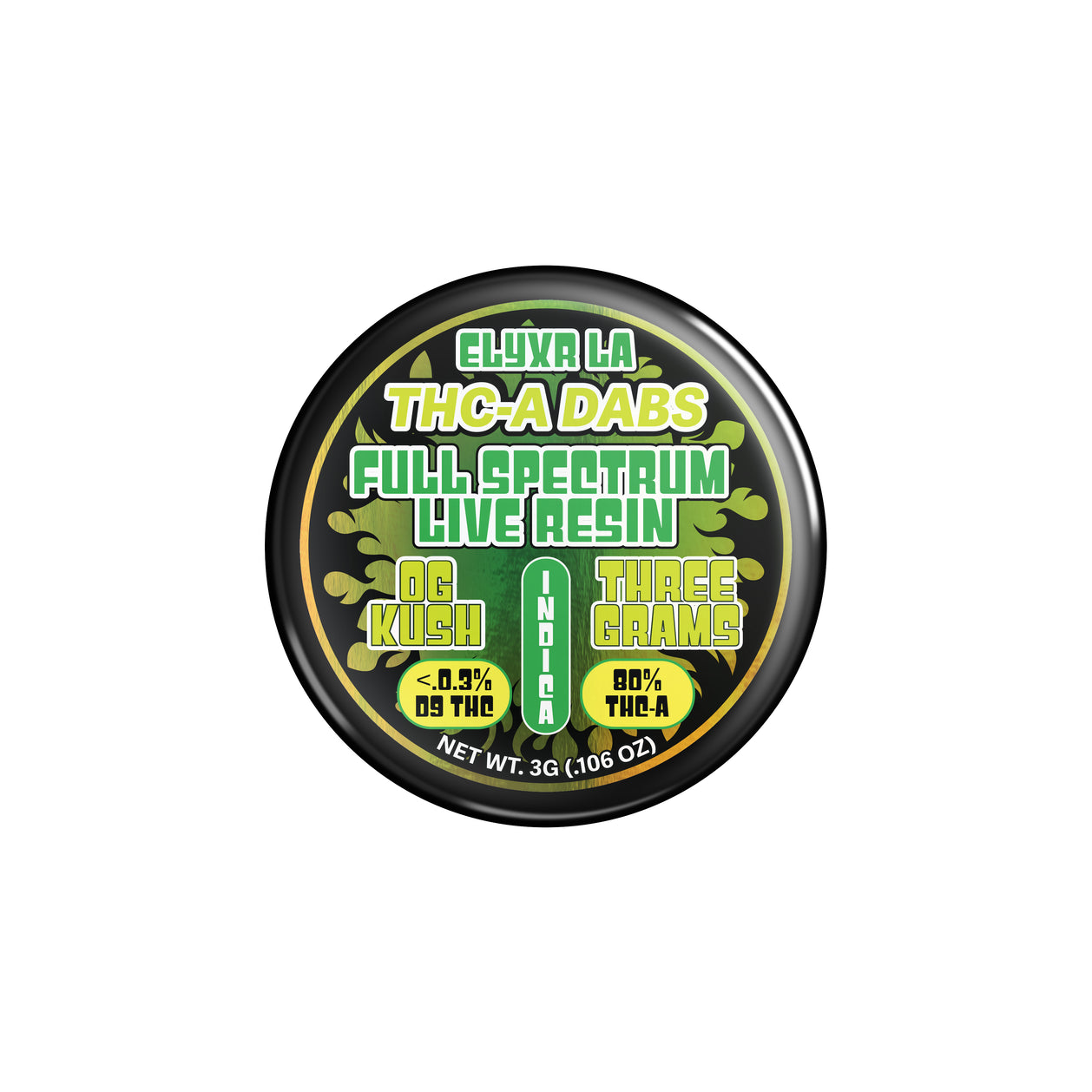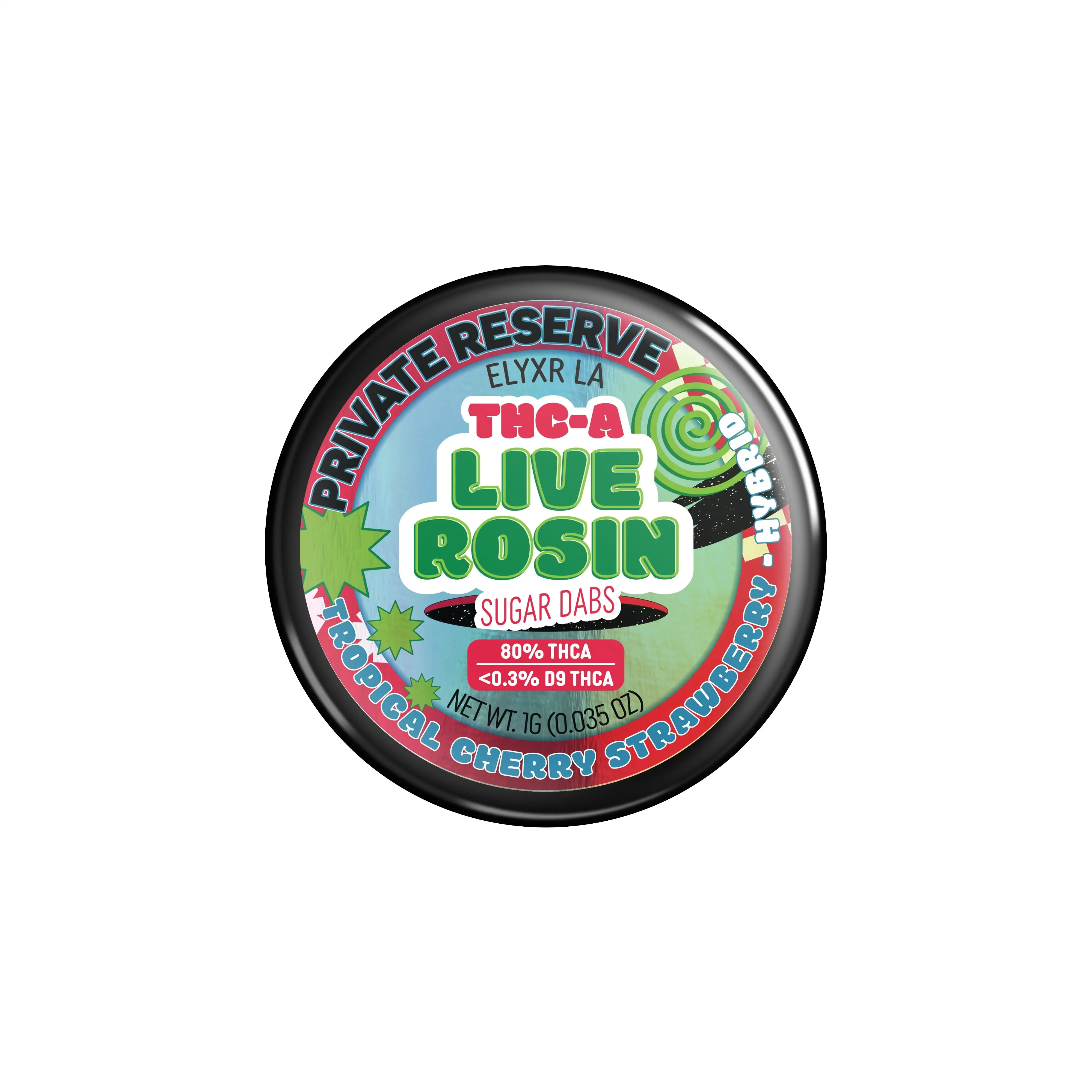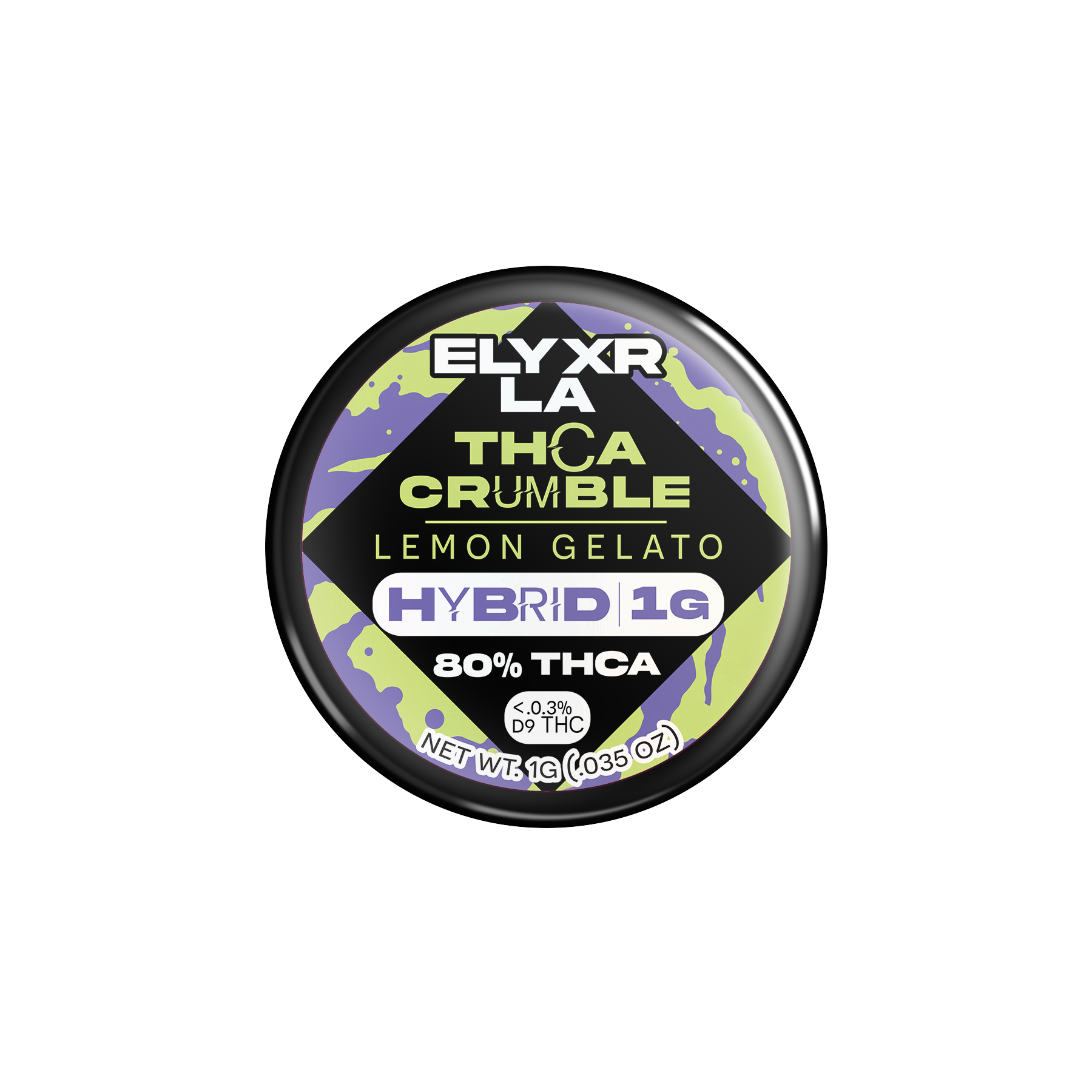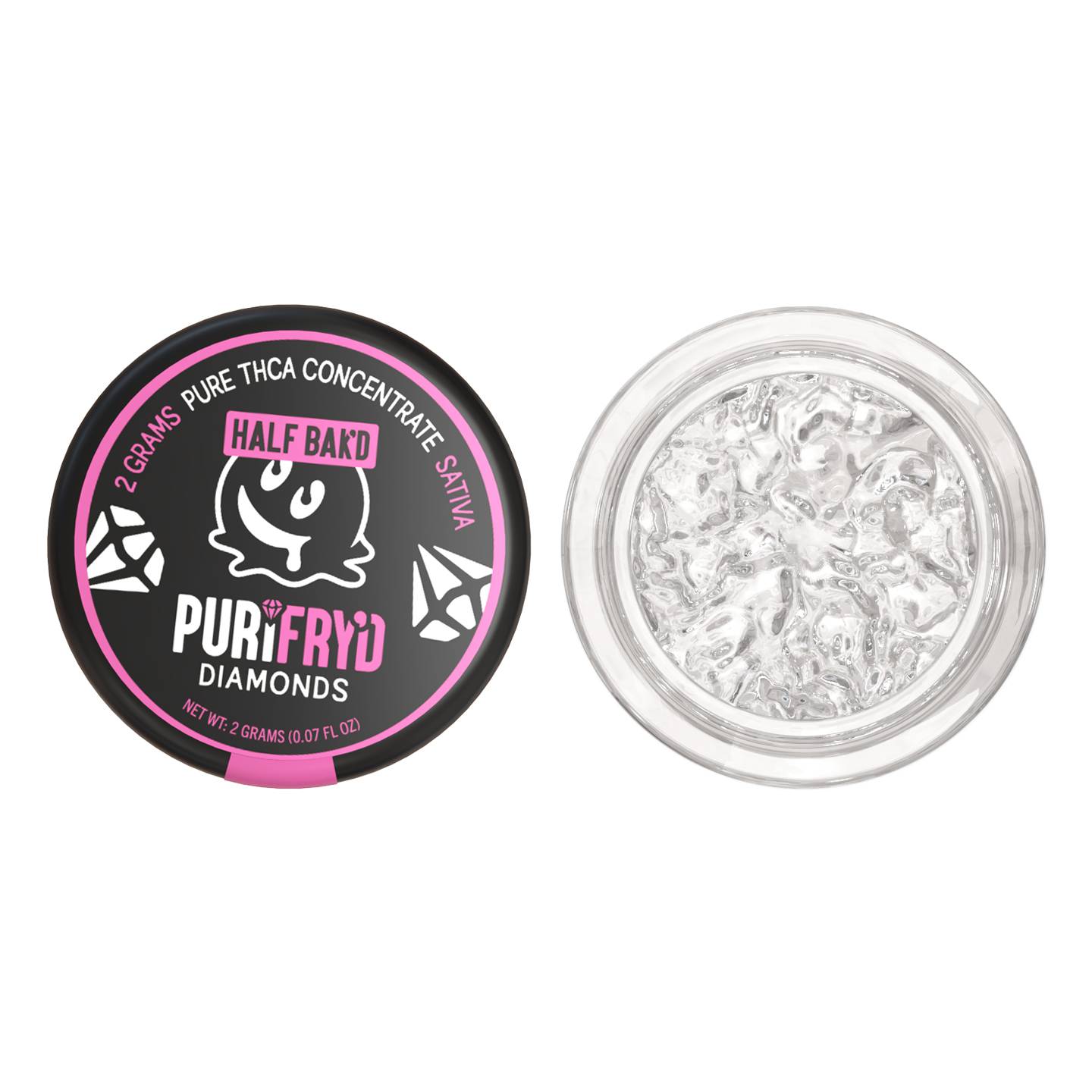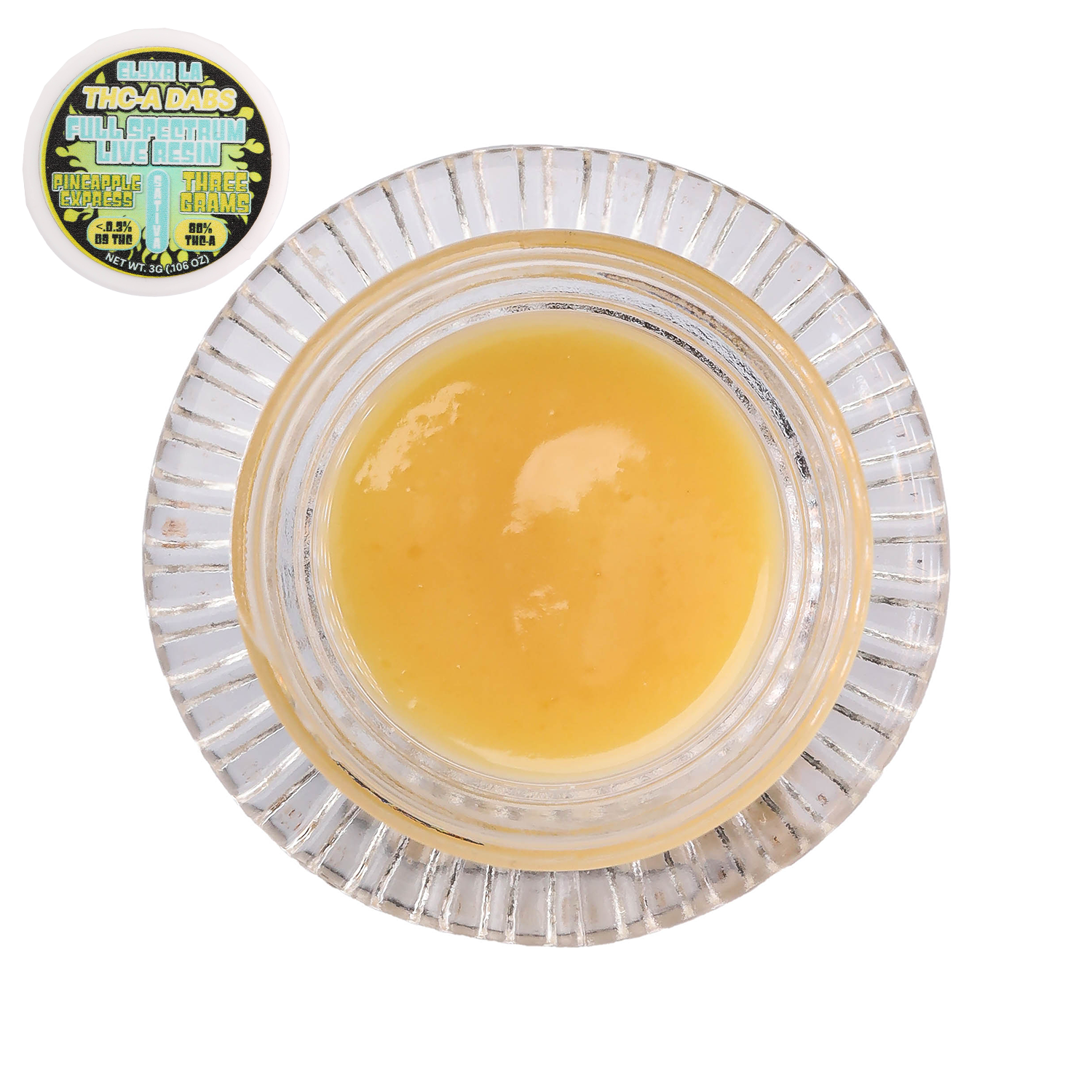CBD oil has exploded in popularity over the last few years, carving out a permanent place on the shelves of wellness enthusiasts, casual consumers, and even your grandparents’ medicine cabinet. Whether you’re taking it for relaxation, pain relief, or better sleep, CBD oil is a staple for many—but one big question often lingers in the background: Does CBD oil go bad? It’s a valid concern, especially if you’ve stumbled upon an old bottle in the back of a drawer or have a half-used tincture lingering for months on your nightstand.
In this blog, we’re diving deep into CBD oil’s shelf life: whether it expires, how to tell when it’s past its prime, how to store it properly, and everything in between. Let’s make sure every drop of your CBD oil is as effective and fresh as possible.
What is CBD Oil?
Before getting into CBD oil expiration dates and storage tips, it’s helpful to understand what CBD oil actually is. At its core, CBD oil is a wellness product made by infusing cannabidiol (CBD) extract—typically derived from industrial hemp—into a carrier oil. Common carrier oils include MCT oil (from coconut oil), hemp oil, and olive oil. This mixture creates a consumable oil that can be ingested sublingually, added to food, or even used topically, depending on the product.
Fresh CBD oil comes in several varieties: full-spectrum CBD oil (which includes a range of cannabinoids, terpenes, and even trace THC), broad-spectrum (THC-free but still packed with other hemp compounds), and CBD isolate (pure CBD). Each formulation may impact the shelf life of CBD slightly, depending on how it’s processed and what additional ingredients are involved.

Does CBD Oil Expire?
Yes—CBD oil does expire. Like nearly all natural products, it won’t last forever. However, “going bad” doesn’t necessarily mean it becomes toxic or dangerous to use. More often than not, it simply means the oil has degraded to the point where it’s less effective, doesn’t taste quite right, or has a funky aroma.
Most CBD oils have a shelf life of anywhere from 12 to 24 months. After this period, the cannabinoids begin to break down, the carrier oil may turn rancid, and the overall product may not perform as intended. While using expired CBD oil likely won’t harm you, it can definitely impact your wellness routine by delivering lackluster results.
What Happens When CBD Oil Goes Bad?
When CBD oil starts to go bad, a few key things happen—some more noticeable than others. One of the first signs is a decline in potency. Over time, the CBD in the oil naturally breaks down due to exposure to light, heat, and oxygen. As a result, even if the oil smells and tastes okay, it might not offer the same calming or therapeutic effects you’re used to.
Then there are sensory changes. Spoiled or expired CBD oil may smell sour, skunky, or “off” in a way that’s hard to ignore. It might taste bitter or leave an unpleasant aftertaste. You could also notice a difference in texture; the oil may become thicker, stickier, or show visible signs of separation that don’t go away with shaking.
These changes usually happen gradually, but if the oil has been poorly stored or is well past its expiration date, the transformation might be more dramatic. While ingesting expired CBD oil is unlikely to cause harm, it’s definitely not ideal—and may cause mild stomach discomfort if the carrier oil has gone rancid.
Factors That Affect CBD Oil Shelf Life
Not all CBD oil is created equal, and several factors can influence how long a product lasts before it starts to degrade:
- Carrier Oil Type: MCT oil tends to have a longer shelf life than oils like hemp seed or olive oil, which are more prone to oxidation.
- Extraction Method: Products made using CO₂ extraction are generally more stable and longer-lasting than those using solvent-based methods.
- Added Ingredients: Flavorings, essential oils, or herbal infusions can shorten shelf life depending on their stability and whether they require refrigeration.
- Packaging: CBD oil stored in dark amber or blue glass bottles with airtight seals tends to last longer, as it’s better protected from UV light and air exposure.
- Brand Quality: High-quality brands that invest in third-party lab testing, clean manufacturing practices, and premium ingredients often produce oils that last longer on your shelf.
Keeping these factors in mind can help you choose a CBD oil that will stay fresh and effective for as long as possible.
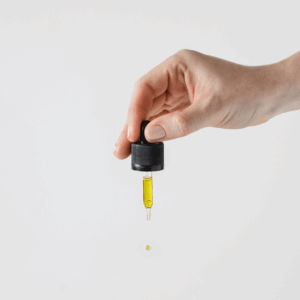
Signs Your CBD Oil Has Gone Bad
Sometimes you don’t need to look at an expiration date to tell that a bottle of CBD oil has passed its prime. Your senses will often give you the answers first. Here are some of the most common signs that your CBD oil may have gone bad:
- Smell: A rancid or sour odor is a big red flag. When you consume CBD oil, it should smell earthy or slightly nutty, depending on the formulation.
- Taste: If your oil tastes bitter, metallic, or just plain “off,” it may be past its usable life.
- Texture: Good CBD oil should feel smooth. If it’s become sticky, gritty, or unusually thick, it might be time to toss it.
- Appearance: Cloudiness, separation of oil layers that won’t mix with shaking, or a change in color (from golden to dark brown, for example) can all indicate spoilage.
Trust your senses. If something seems weird, it’s better to be safe than sorry.
How Long Does CBD Oil Last?
On average, most CBD oils have a shelf life of one to two years, depending on storage conditions and product composition. A freshly opened bottle that’s properly stored should maintain its quality for at least 12 months—and potentially up to 24 months if it contains stable ingredients and remains sealed tightly between uses.
Unopened bottles last longer because they haven’t been exposed to air. If you’re someone who stocks up on CBD oil during sales or keeps a backup bottle on hand, make sure to store it properly (more on that soon) to stretch its shelf life as long as possible.
Many manufacturers print a “best by” or expiration date on the label. While these are helpful guidelines, don’t rely solely on the date. If the oil looks, smells, or tastes odd—regardless of the printed date—err on the side of caution.
How to Store CBD Oil Properly
Proper storage is key to getting the most out of your CBD oil. Like many natural supplements, CBD is sensitive to environmental conditions, and poor storage can significantly shorten its lifespan. The three biggest threats to CBD oil are light, heat, and air.
Here are some best practices to help preserve your oil:
- Keep it cool: Store your CBD oil in a cool, dark place—ideally in a drawer, cabinet, or pantry. Avoid windowsills, countertops, or anywhere that’s regularly exposed to direct sunlight or heat.
- Avoid the fridge unless necessary: Refrigeration isn’t always required and can cause cloudiness in some formulations. Always follow the brand’s storage recommendations.
- Seal it tightly: Exposure to air can speed up oxidation, which degrades the cannabinoids and can turn the oil rancid. Always ensure the cap is tightly closed.
- Avoid humidity: Bathrooms aren’t ideal due to frequent temperature and moisture fluctuations.
Consistency is key. The more stable the storage environment, the longer your CBD oil will stay fresh and potent.
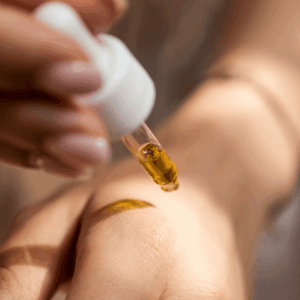
Can You Still Use Expired CBD Oil?
Technically, yes—you can still use expired CBD oil, but should you? That depends on what’s changed. If the oil hasn’t developed a strange odor, taste, or appearance, and you’re not noticing any digestive upset after use, you might still get some benefits. However, consuming expired CBD oil often results in a less effective experience due to cannabinoid breakdown, and any remaining compounds may not deliver the results you’re used to.
The bigger concern is the carrier oil. If it’s gone rancid, it may cause mild digestive discomfort like nausea or gas. And while the risk is low, it’s generally not worth gambling on your wellness routine.
When in doubt, throw it out. No wellness benefit is worth an upset stomach—or a foul-tasting dropper full of regret.
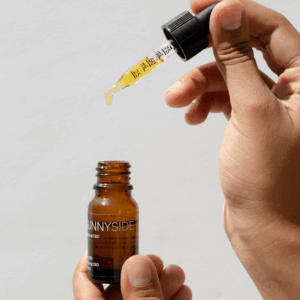
Tips for Maximizing CBD Oil Shelf Life
Want to get the most bang for your buck? Here are a few smart ways to extend the life of CBD oil:
- Buy from reputable brands that offer third-party testing and use high-quality ingredients.
- Choose products in dark glass bottles with droppers.
- Store in a consistent, cool, dry place.
- Always close the cap tightly after use.
- Avoid touching the dropper to your mouth or hands to prevent contamination.
- Don’t stockpile large quantities unless you use CBD frequently.
A little attention to detail can save you from wasting a good product—and your hard-earned money.
Does Expiry Apply to All CBD Products?
Good quality CBD oil isn’t the only form of cannabidiol on the market, and expiration applies differently across product types. For example, CBD edibles may expire faster due to perishable ingredients like butter or gelatin. CBD capsules and softgels tend to have a longer shelf life, often matching that of typical supplements. Topicals (like creams and balms) may also last longer, especially if they contain stabilizers and preservatives.
Vape cartridges, tinctures, and other delivery formats all have unique timelines based on their formulations and how they’re stored. Regardless of the product, always check the label for expiration information and trust your senses.
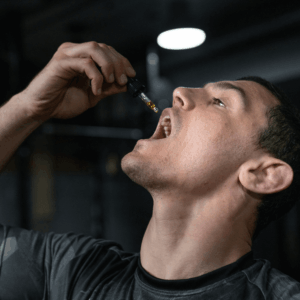
Final Thoughts: When in Doubt, Throw It Out
Pure CBD oil can be a powerful addition to your wellness routine—but like all natural products, it has a shelf life. While it won’t turn toxic overnight, expired CBD oil loses potency, can develop unpleasant characteristics, and may not be worth using past its prime. Knowing what to look for, how to store it properly, and when to let go of an old bottle ensures you’re getting the most benefit out of every drop.
Bottom line? A good CBD oil won’t last forever, but with the right care and a bit of attention, it can stay fresh and effective for quite a while. And if you’re ever unsure, remember the golden rule: when in doubt, throw it out.
Does CBD Oil Expire: Frequently Asked Questions
1. What happens if I use expired CBD oil?
Using expired CBD oil isn’t likely to make you sick, but it probably won’t deliver the same benefits you’re used to. Over time, cannabinoids like CBD break down, reducing the oil’s potency. Additionally, the carrier oil may go rancid, which could lead to a bad taste and, in some cases, mild digestive discomfort. If it smells funky or tastes off, it’s best to toss it.
2. Is CBD oil good after 2 years?
Most quality CBD oils are at their best within 12 to 24 months of manufacture. After two years, the CBD content will likely have degraded, and the carrier oil may no longer be fresh. If the oil has been stored properly—away from light, heat, and air—it might still be usable, but its effectiveness will likely be diminished. Always check for signs of spoilage before using it.
3. Does CBD oil need to be refrigerated after opening?
Not usually. High quality CBD oil doesn’t require refrigeration after opening unless the label specifically says so. In fact, the cool, humid environment of a refrigerator can sometimes cause the oil to thicken or look cloudy. A dark, cool cabinet or drawer away from sunlight and heat is typically the best place to store it.
4. Can CBD oil turn bad?
Yes, CBD oil can go bad—especially if it’s exposed to heat, light, or air. Over time, the CBD degrades, the flavor may change, and the carrier oil can turn rancid. While it won’t spoil in the same way perishable food does, old or improperly stored CBD oil can lose its effectiveness and develop an unpleasant taste or smell.
5. Does CBD oil expire?
Yes, CBD oil expires. Most CBD products have a shelf life of 12 to 24 months. Always check the expiration date printed on the label, and pay attention to changes in smell, taste, texture, or appearance. Even if it hasn’t hit the expiration date, poor storage can cause it to go bad sooner than expected.




